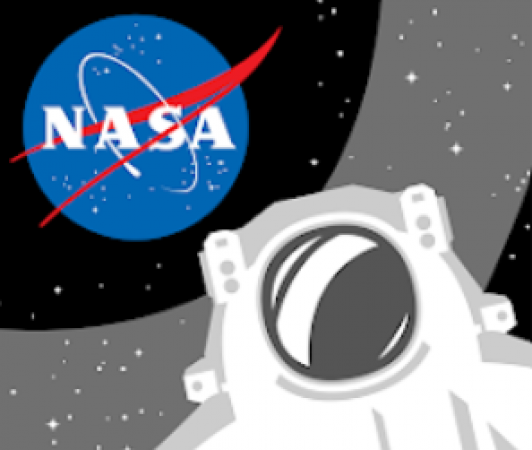
Washington DC: In a breakthrough for space exploration, NASA's Jet Propulsion Laboratory (JPL) is at the forefront of developing an advanced AI assistant tailored specifically for astronauts. The cutting-edge assistant, currently in the early stages of development, aims to revolutionize the way astronauts perform tasks and enhance their efficiency during space missions.
The AI assistant being created by JPL holds great promise in assisting astronauts with a wide range of activities. Its capabilities include accessing and processing information from diverse sources such as the International Space Station's (ISS) computer systems, NASA's extensive databases, and even the internet. This seamless integration of information sources will empower astronauts to swiftly access the data they require to carry out their responsibilities effectively.
One of the primary functions of the AI assistant is to aid in troubleshooting issues related to the ISS's complex systems and equipment. By leveraging its problem-solving abilities, the assistant will ensure that the space station operates at peak performance, minimizing risks and optimizing efficiency.
The AI assistant will also play a pivotal role in revolutionizing communication both on the ISS and between astronauts and ground control. Its advanced communication capabilities will facilitate seamless and efficient interaction, enabling enhanced coordination and ensuring the success and safety of space missions.
To develop this groundbreaking AI assistant, the JPL team is harnessing various AI technologies, including natural language processing and machine learning. Collaborating closely with astronauts, the team is meticulously tailoring the assistant's features to align with the unique needs and challenges faced by those living and working in space.
Also read: Affordable phone made for Indian market
While still in its early stages, the AI assistant holds immense potential to reshape space exploration. Its implementation could significantly boost the productivity and safety of astronauts by automating tasks, providing quick access to vital information, and reducing the likelihood of human error.
The benefits of the AI assistant are multifaceted. Firstly, it will enhance efficiency by automating mundane tasks and offering real-time information retrieval. Secondly, it will substantially mitigate the risk of human error by providing astronauts with accurate and timely data. Lastly, it will greatly enhance communication channels between astronauts and ground control, paving the way for seamless and effective collaboration.
Also read: Mixed Reactions from Tech Giants as EU's AI Act Unveiled
The development of this pioneering AI assistant marks a significant milestone in space exploration. With its potential to enhance the safety and efficiency of space missions, this cutting-edge technology sets the stage for future endeavours, including ambitious missions to Mars and beyond. As NASA continues to push the boundaries of scientific innovation, the AI assistant stands poised to become an invaluable asset for astronauts embarking on voyages to the unknown.